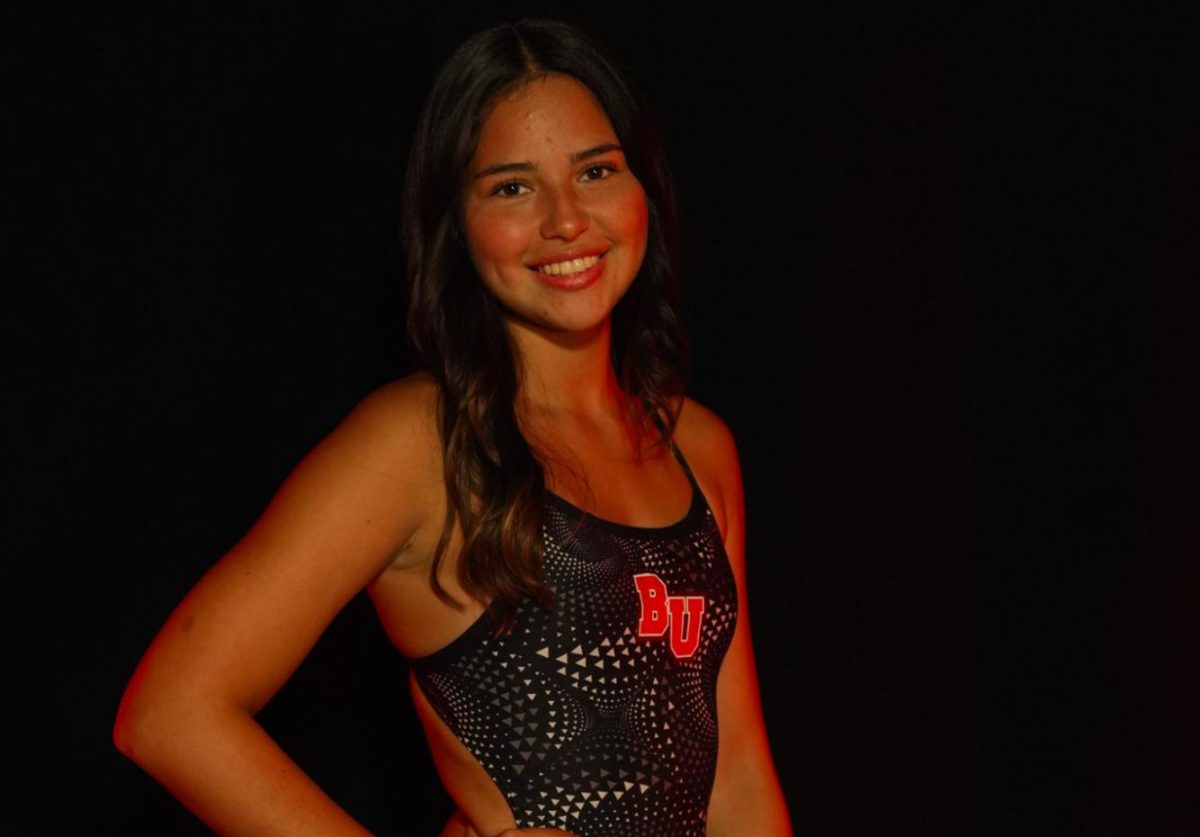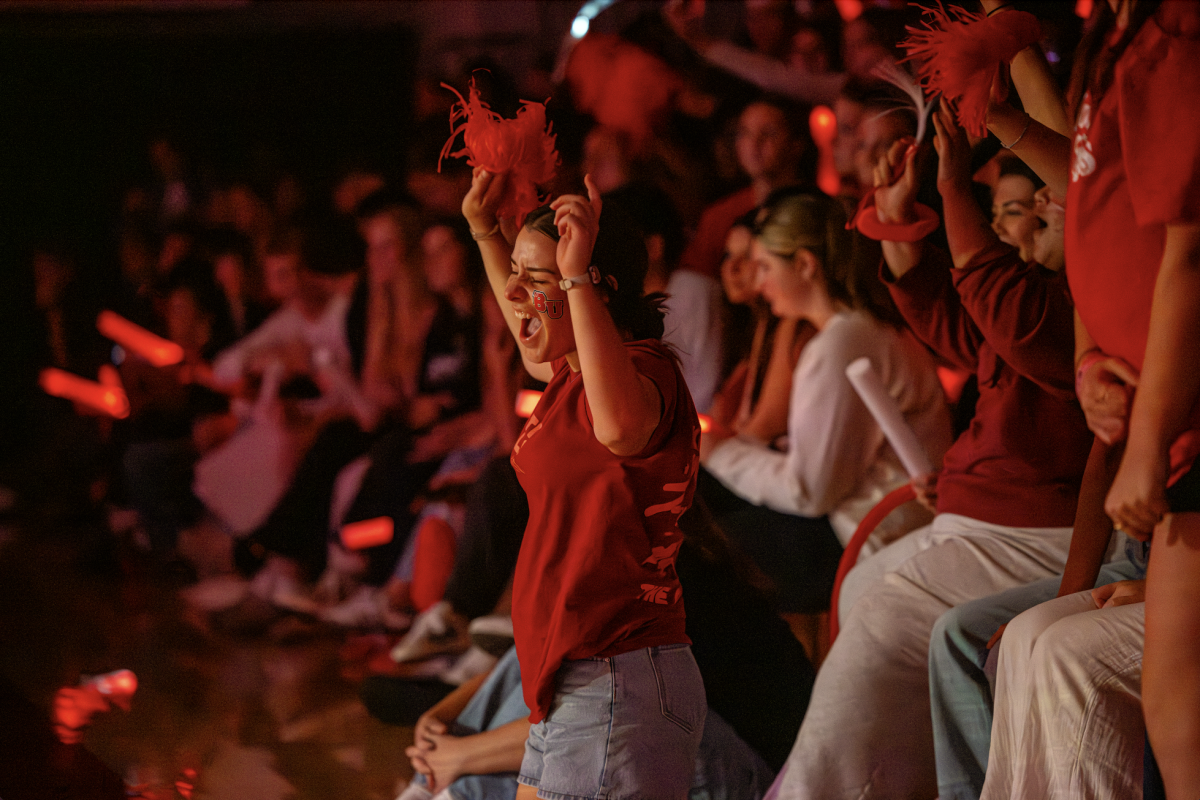Schools can provide great opportunities to athletes. But closely following the opportunity is the almost suffocating expectation of constant success. As Biola women’s basketball coach Ken Crawford said, “There is pressure to succeed and pressure to win, pressure to excel. Programs put pressure on students to always improve, and when students can’t improve any more they turn to enhancements.”
Performance enhancing drugs have been a large problem in sports—mostly on the professional level. Largely, this problem stems from constant growing expectations and the desire for more money. It has also affected the college level, where good athletes are looking to bring in money for their teams and money from contracts post-graduation.
“Football and basketball at the Div. 1 level are where teams can make so much money. Not all of them. But some of the real powerhouse programs finance the rest of the department through those two sports,” said Biola athletics director, Dave Holmquist. Under such strain, some student athletes turn to drugs to meet expectations.
Biola has a no-tolerance policy on steroid use. Holmquist explained where he believes drug use comes from; “We’re one of the only countries in the world where athletics is tied with education,” he said. Holmquist pointed out that this is why USC and UCLA’s football teams are so important.
“At the Div. 1 level often they have study hall together, training together, endless film sessions together, endless practices. They don’t have much time to become involved in other activities or to have a real social life,” he said. Overall, it is the lack of a well-rounded education that leads to drug use.
Coach Crawford, who coached 30 of his 35 years in public high schools and colleges, pointed out that at Biola, drug use is not as prevalent because of the desire coaches have to see their athletes become well-rounded individuals. “There is a distinct difference coming to the private Christian university from the public sphere. Winning and losing is seen through a different pair of glasses. While we want success, I’ve been so impressed with the athletes here by the way they handle winning and losing.”
Though athletics are incredibly important at Biola, Crawford is able to recognize that their success is not everything, saying “It’s frustrating sometimes that we don’t get more people to come to the games, but there are a lot of different interests here at Biola. Athletics is just one field there. It’s not everything. A lot of schools when you hear about them the first thing you think of is their team. Here it’s different. There’s a difference in priorities.”
“One of the joys of coaching is that you feel like students can have a well-rounded education and still play their sport,” Holmquist said. “We don’t want to dominate their entire day.”
Biola has had players of several sports go on to play professionally. At the end of the day, however, the most important thing for the coaches is their player’s well-being. This is reflected in the tight-knit community within Biola’s athletics department. “We want to win in the right way. If you have to win in a way you’re embarrassed by or that hurts people in the long run, you can’t look back on that with any degree of fulfillment,” Holmquist said. “If you have a lot of people on your team that really care for each other and are trying to grow in their faith, regardless of your record that year, you have a great season.”






